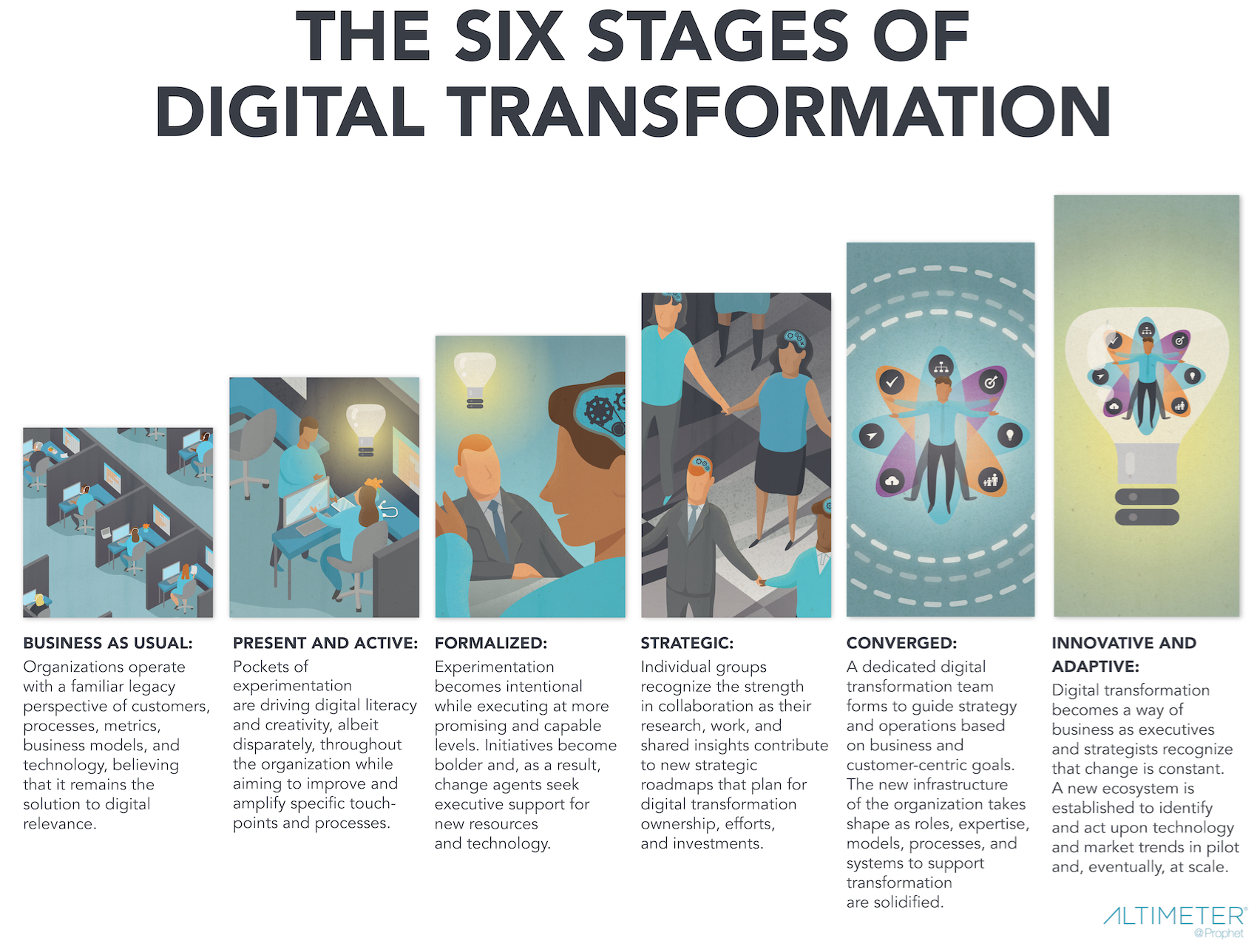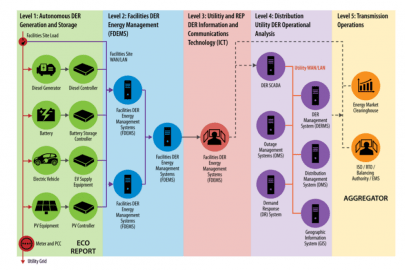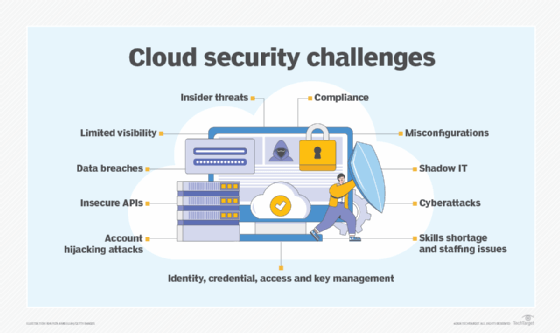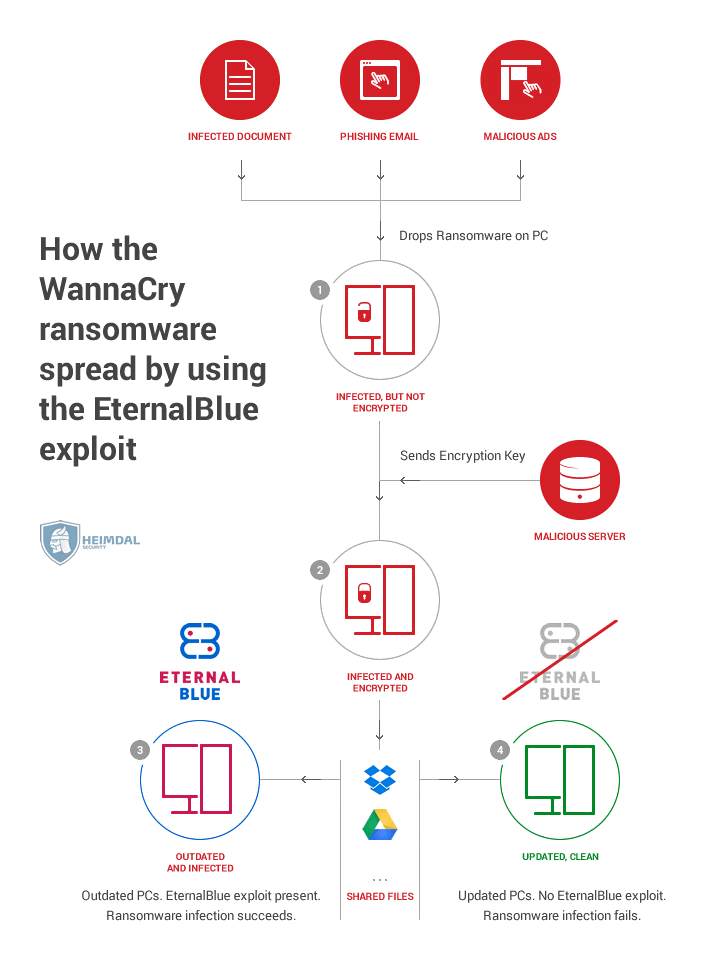Digital Transformation is reshaping how businesses operate and interact with their customers in today’s fast-paced landscape. This transition is particularly crucial as CIOs increasingly evolve into CEO roles, driving innovation and strategic direction across organizations. With advancements like 5G technology facilitating superior connectivity and data transfer, companies are more equipped than ever to embrace digital methodologies. However, challenges persist, particularly regarding cybersecurity and digital growth, as organizations must safeguard against vulnerabilities while pursuing automation and efficiency. In this context, the growing Indian IT workforce plays a pivotal role, enabling organizations to harness talent that fosters digital workforce collaboration and enhances operational performance.
The shift towards a digitally-empowered future is evident as firms integrate advanced technologies into their core strategies. The emphasis on technology leadership is prompting CIOs to ascend to CEO positions, where their expertise in digital landscapes can drive significant change. Emerging technologies, such as high-speed wireless communication and enhanced cybersecurity measures, are essential in navigating the complexities of this digital era. Moreover, the potential of India’s skilled IT professionals is coming to the forefront, highlighting their importance in fulfilling the demands of a digital-first economy. Embracing a collaborative digital workforce is not just an option; it is a necessity for achieving sustainable growth and competitive advantage.
The Transition of CIOs to CEOs: A New Era in Leadership
The landscape of corporate leadership is changing drastically, with more Chief Information Officers (CIOs) stepping into roles as Chief Executive Officers (CEOs). This trend reflects the increasing amalgamation of technology and business strategy, where the ability to guide digital transformation becomes critical. As businesses face competition from agile tech startups and digital-native companies, the strategic insights that CIOs possess about digital infrastructure and innovation create a bridge to the C-suite. Transitioning from CIO to CEO empowers these leaders to drive their organizations into the digital age, leveraging their experiences to maximize operational efficiency and enhance customer engagement.
The evolution of a CIO to CEO is not just a shift in title but a significant transformation in how businesses view technology leadership. As digital transformation becomes paramount across industries, CIOs, with their in-depth understanding of IT networks and digital strategies, are well-equipped to lead organizations through this complex landscape. Consequently, we can anticipate a growing number of CIOs taking on CEO roles, as they harness their skills to navigate challenges such as cybersecurity threats and the demand for seamless digital workforce collaboration. This change not only amplifies the importance of IT but also recognizes the critical role technology plays in every facet of business strategy.
Harnessing 5G Technology for Business Growth
5G technology is poised to revolutionize business operations and reshape industries worldwide. Its promise of ultra-high-speed connectivity and low latency will empower organizations to develop innovative solutions and new business models that were previously unimaginable. With the ability to support thousands of devices simultaneously, 5G will be instrumental in advancing IoT applications, smart manufacturing, and real-time data analytics. Companies leveraging 5G can expect enhanced efficiency and productivity, enabling them to respond faster to market changes and customer demands.
Furthermore, businesses that adopt 5G technology stand to gain a competitive edge by improving their service delivery models. For instance, sectors like healthcare, automotive, and retail will benefit from enhanced mobile communication and precision, which are essential for applications such as telemedicine, autonomous vehicles, and immersive retail experiences. The integration of 5G into business processes not only strengthens an organization’s digital foundation but also positions them favorably in an increasingly tech-driven marketplace, paving the way for long-term growth and sustainability.
Strengthening Cybersecurity Amid Digital Growth
As businesses accelerate their digital transformation efforts, cybersecurity becomes a pressing concern. The surge in online operations and interconnected devices introduces vulnerabilities that cybercriminals eagerly exploit. Organizations must prioritize developing robust cybersecurity frameworks to safeguard sensitive data and maintain customer trust. This involves investing in advanced security technologies, employee training, and incident response plans that can withstand evolving cyber threats, thus enabling digital growth without compromising on security.
Moreover, the pandemic has accelerated digital adoption, allowing even small businesses to enter the digital realm. However, with this shift comes the harsh reality of increased cyber threats. A company’s inability to protect its digital assets can lead to severe repercussions, including financial losses, reputational damage, and legal liabilities. As the lines between physical and digital spaces continue to blur, companies must embed cybersecurity into their core business strategies, ensuring a resilient approach to digital transformation that balances innovation with comprehensive risk management.
The Role of the Indian IT Workforce in Digital Transformation
India has emerged as a focal point for global organizations seeking to enhance their digital capabilities, primarily due to the immense talent pool in the IT sector. With a workforce well-versed in cutting-edge technologies such as AI, machine learning, and cloud computing, Indian professionals play a pivotal role in facilitating digital transformation initiatives. Their expertise allows companies across the globe to migrate legacy systems to more agile and efficient digital infrastructures, ultimately driving business success.
Moreover, the strong command of English among the Indian IT workforce enables seamless collaboration with international teams, fostering innovation and creative problem-solving. As organizations strive to cultivate a digital workforce that harnesses the power of technology, partnerships with Indian IT firms become more critical. Together, they can develop customized solutions that address specific business needs while leveraging India’s vast reservoir of knowledge and skill.
Collaborative Digital Workforces: The Future of Work
In today’s rapidly evolving business landscape, fostering collaboration within digital workforces is more important than ever. Organizations are recognizing the need for advanced tools that support real-time communication and collaboration among teams, particularly in a hybrid work environment. The integration of video conferencing, project management platforms, and collaborative software solutions empowers employees to work efficiently, regardless of their geographical locations. As businesses embrace these digital tools, employee engagement and productivity are expected to soar.
Furthermore, cultivating a culture of digital collaboration is key to responding to market demands and innovation challenges. Companies should focus on developing skills across their workforce while encouraging flexibility and adaptability in an ever-changing digital environment. As the digital workforce expands, those organizations that prioritize collaboration, effective communication, and knowledge-sharing will not only enhance their internal processes but also improve customer engagements and overall satisfaction.
The Impact of Digital Transformation on Customer Interaction
As companies embark on their digital transformation journeys, the way they engage with customers is undergoing a profound change. Businesses are increasingly leveraging digital channels to enhance customer interactions, moving beyond traditional methods and utilizing data analytics to personalize experiences. This shift enables organizations to anticipate customer needs, provide tailored services, and solve problems proactively, ultimately building stronger, more meaningful relationships with their customers.
Moreover, the integration of digital tools allows businesses to collect and analyze customer data on an unprecedented scale. Insights gained from this data can drive strategic decisions, helping companies refine their offerings and optimize communication strategies. By embracing digital channels and fostering a culture of customer-centricity, organizations can position themselves to thrive in a competitive landscape, where customer expectations continue to evolve.
The Changing Dynamics of the CIO and CEO Relationship
The relationship between CIOs and CEOs is evolving as digital transformation takes center stage in corporate strategy. Traditionally, the CIO’s role has been viewed as primarily technical, but in today’s business landscape, CIOs are becoming key contributors to strategic discussions at the executive level. The need for expertly guiding organizations through digital initiatives means that CIOs must possess not only technical knowledge but also business acumen to align IT strategies with overarching business goals.
This shift reflects a broader recognition of the importance of technology in driving growth and innovation. As CIOs step into more collaborative roles with CEOs, they are tasked with articulating the significance of IT investments and the value they bring to the organization. Additionally, this dynamic enables a deeper understanding of the challenges faced by CIOs in managing digital transformation, leading to more supportive and informed leadership from the CEO as they navigate this complex landscape together.
Adapting to the Cybersecurity Landscape for Digital Success
In the digital age, cybersecurity poses one of the most significant challenges that organizations must manage to ensure their digital transformation is successful. The pervasive nature of cyber threats makes it essential for companies to adopt a proactive stance on security, investing in protective measures from the outset rather than as an afterthought. This includes the implementation of advanced cybersecurity measures, including encryption, threat detection, and response strategies to safeguard against breaches that could irreparably damage an organization’s reputation and operations.
Moreover, as organizations expand their digital footprints, the need to integrate cybersecurity into every aspect of their operations becomes more urgent. A consistent approach to security across various platforms and stages of digital transformation can help mitigate risks. CEOs and CIOs should collaborate to establish a culture of security awareness among employees, ensuring that everyone understands their role in protecting digital assets. By fostering a more resilient organizational framework to combat cyber threats, companies can confidently pursue their digital strategies while minimizing downtime and disruption caused by security incidents.
Opportunities in the Indian Market for Global Enterprises
The Indian market presents a wealth of opportunities for global companies looking to expand their digital capabilities. With its vast pool of talented IT professionals coupled with an increasing appetite for digital solutions, businesses are finding India to be a promising destination for investment. As companies transform their operations, they seek partnerships with Indian firms that can provide the necessary technological expertise to drive this change effectively.
Additionally, India’s ongoing digital initiatives and government support for technology adoption further enhance its appeal to international organizations. The local climate fosters innovation, and with a large consumer base increasingly embracing digital channels, companies can tap into this market to offer their services. This not only ensures regional compliance and responsiveness but also allows global businesses to leverage diverse perspectives and skill sets to enhance their digital transformation efforts.
Frequently Asked Questions
How will the CIO to CEO transition impact digital transformation initiatives within organizations?
The CIO to CEO transition is increasingly significant for digital transformation as companies recognize the need for tech-savvy leadership. CIOs, having firsthand experience with digital strategies, are better positioned to drive change and innovation throughout the organization. This evolution enables businesses to leverage modern technologies, such as cloud computing and data analytics, more effectively to enhance efficiency and customer engagement.
What role does 5G technology play in accelerating digital transformation across industries?
5G technology is pivotal in accelerating digital transformation by providing faster, more reliable connectivity. It enables the implementation of advanced technologies like IoT, which require low latency for real-time communications. This transformation enhances digital workforce collaboration, supports innovative applications, and empowers businesses to operate efficiently, thereby improving overall customer experiences.
How does cybersecurity impact digital growth during the digital transformation process?
Cybersecurity poses a significant challenge to digital growth during the transformation process. As organizations digitize their operations, they expose themselves to potential cyber threats that can disrupt progress. A robust cybersecurity framework is crucial to safeguarding data and maintaining trust, allowing companies to focus on innovation and leveraging digital technologies without fear of breaches.
What advantages does the Indian IT workforce offer in the context of digital transformation?
The Indian IT workforce offers numerous advantages in the context of digital transformation, including a large pool of skilled professionals experienced in developing and implementing digital solutions. This workforce is adept at migrating legacy systems to modern infrastructures, driving innovation, and supporting global organizations in their digital initiatives.
How can digital workforce collaboration enhance a company’s digital transformation efforts?
Digital workforce collaboration enhances a company’s digital transformation by providing seamless communication and access to information across teams. Utilizing collaboration tools optimizes project management and innovation, enabling employees to work more effectively together regardless of their location. This boost in teamwork is essential for driving successful digital strategies and meeting evolving customer demands.
| Key Points | Details | |
|---|---|---|
| CIOs to CEOs Transition | CIOs evolving into business creators, potential increase in CIOs becoming CEOs. | |
| Importance of 5G | 5G crucial for future technologies, enables low latency and high bandwidth necessary for innovations such as driverless cars and IoT environments. | |
| Digital Transformation Importance | Digital transformation seen as critical for efficiency, workforce cultivation, and enhancing customer interactions in companies worldwide. | |
| Opportunities in India | India offers a skilled workforce for digital transformation, and global companies are looking to leverage this talent. | |
| CIO and CEO Dynamics | CIOs are under pressure from CEOs and customers for rapid digital transformation, their influence on company performance increasing. | |
| Cybersecurity Challenges | Cybersecurity threats are a major hindrance to digital transformation, requiring significant resources and focus to manage. | |
Summary
Digital Transformation is a vital process for companies today, enabling them to enhance efficiency, foster a skilled workforce, and improve customer interactions. As organizations navigate this digital era, the roles of CIOs and CEOs are evolving to meet the demands of technology-driven growth. With the rise of cybersecurity threats, companies must balance innovation with robust security strategies to successfully implement their digital transformation initiatives.



